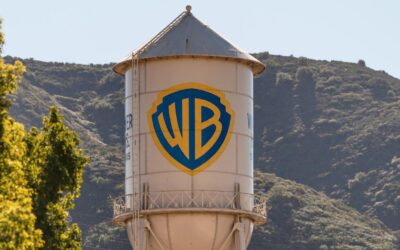Sorry, that’s old news…
You’ve found an older news story. We delete stories from our AAP News Feed after two months. But fear not, here’s today’s news!

European leaders are scrambling to protect citizens and calm tensions after US and Israeli strikes on Iran.

The cost of 30 essential grocery items will be cut drastically in 15 remote communities after the federal ...

A 58,000-hectare Australian expanse containing some of the world's oldest evidence of animal life could be ...

Warner Bros Discovery has agreed to a $A155 billion takeover deal by Paramount Skydance.

For decades Aussies have been increasingly pairing up with similarly educated and monied partners but online ...

US producer prices accelerated in January, as businesses passed on import tariffs and raised prices at the start ...

Denmark's Tasmanian-born Queen Mary and King Frederik will begin their state visit to Australia in the "Red Centre".

As politicians prepare for a hotly contested federal by-election, an independent reveals her hope for big reforms ...
No results found.
Background image courtesy victoriancollections.net.au